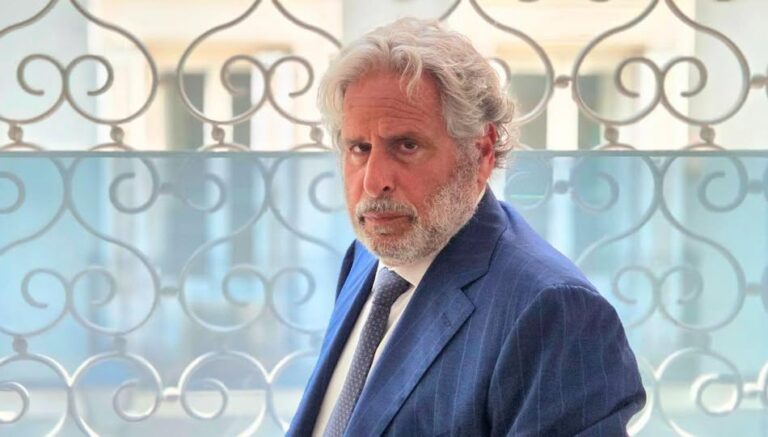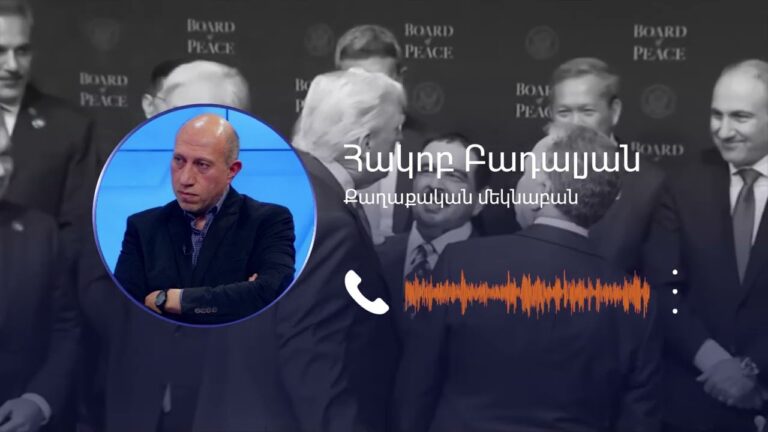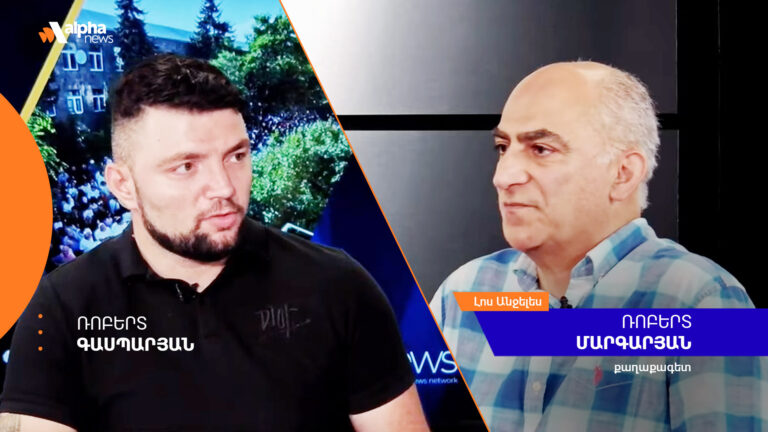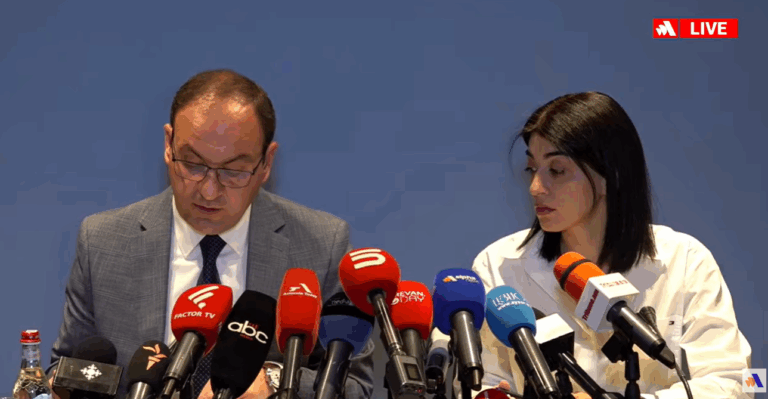Baku may resort to forceful means of pressure on Armenia – Andrey Areshev
Speaking with Alpha News, Andrey Areshev, a Russian political scientist and expert at the Strategic Culture Foundation, commented on the meeting of the presidents of Russia and Azerbaijan, Vladimir Putin and Ilham Aliyev, as well as the possibility of Baku’s new escalation and the activity of Americans in the South Caucasus region.
“It is obvious that the visit was prepared quite carefully, as a result of which agreements were signed in various directions, but the most significant moment in the relations between Russia and Azerbaijan today is the energy agenda. We are well aware of the current, to put it mildly, unfavorable geopolitical context and the fact that European partners refuse to take Russian blue fuel, but at the same time, talks on the supply of Russian blue fuel to world energy markets are underway. I believe this is an important part of the modern agenda of Russian-Azerbaijani talks and dialogue in general. And it seems to me that these talks largely highlight, among other things, Moscow’s mediating role in the process of preparing and hypothetically signing an Armenian-Azerbaijani peace treaty or other agreement. It seems to me that the sides (Russia and Azerbaijan) focus primarily on various aspects of bilateral economic cooperation, as well as on the ways to promote the international North-South transport corridor, which is also of great importance to the Russian side,” Areshev said.
Speaking about Russia’s mediating role in Armenian-Azerbaijani normalization, the expert noted that the Russian side always offers its services. “We know that in 2020 and 2021, even a trilateral commission was created, which had several meetings, and the Russian side offered to focus on those issues where countries have fewer contradictions. However, as we understand it, the implementation of the ninth point has faced a complex of various problems and contradictions,” Areshev stressed.
Commenting on the possibility of a new escalation of the conflict on the part of Baku, the expert said: “It seems to me that Baku is certainly putting pressure on the Armenian side and resorting to various forms of information and psychological pressure, and in some places even military pressure. It has always been that way. In Armenia, I think there is hardly any reason to somehow heat up border tensions given the situation in which the Armenian authorities are in. At the same time, we cannot rule out some coordinated games aimed at solving certain tactical issues.
As for the further escalation of tension, anything can happen, of course. It seems to me that Azerbaijan may resort to some kind of forceful means of pressure if it thinks that the Armenian leadership does not sufficiently meet its demands.”
Speaking about the activity of the West in the South Caucasus region, the expert noted that the United States is quite consistent in its policy of stimulating the withdrawal of Armenia and Azerbaijan from the Russian area of influence.
“I believe that the Western partners will support those forces of Armenia that are beneficial to them and will contribute to the preservation or, say, extension of the term of the office. We see how the US Ambassador is actively trying to influence some of the internal political processes of the Republic of Armenia. At the same time, of course, it would be difficult and naive to expect any more decisive intervention. Perhaps some people who, ideologically, so to speak, are followers of the ‘Holy West’ sect and believe in its good intentions were actually expecting something. But we understand that reality is somewhat far from these good expectations. I believe that the American partners are quite consistent in their policy of stimulating the withdrawal of both Armenia and Azerbaijan from the Russian area of influence.
Such activity of Americans in the republics of the former Soviet Transcaucasia is now connected not so much with Russia as with China, with the possible intention of implementing large infrastructure projects in the region. This is very clearly seen in the example of Georgia,” Areshev concluded. The upcoming elections in the United States and Georgia and how their results will affect the South Caucasus region were also discussed during the interview.







